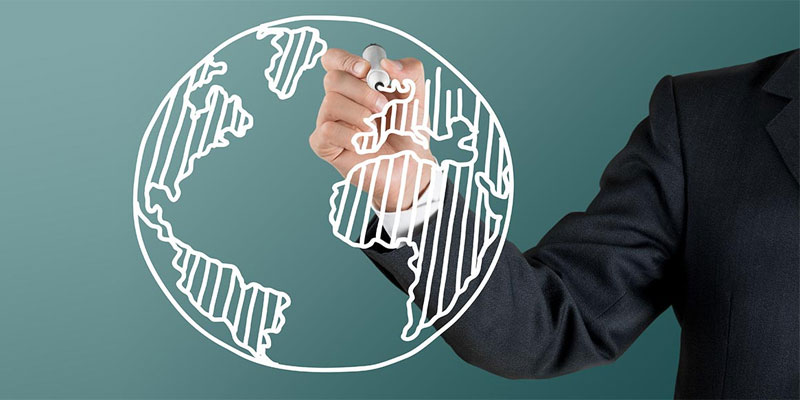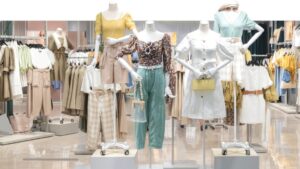
In a bid to show their commitments to promoting healthy workplaces for their subcontractors, an increasing number of apparel brands are disclosing lists online of their factories, mostly in Asia as public release of their supply chain information.
According to Human Rights Watch, an international non-profit non-Governmental group, at least four major retailers – including GAP, C&A of Germany, and British store chain Marks & Spencer, have disclosed their supplier list this year.
Previously, GAP was known for its negative stance on the disclosure due to what it called ‘competition reasons’, but in September, the retailer made its supplier list available – consisting of nearly 900 garment factories in Bangladesh, Cambodia and other countries. The company said it had revised its disclosure policy for supply-chain information seeking to promote global sustainability.
Also Read – ILO signs agreement with H&M, will promotes sustainable global supply chains
Earlier adopters of the disclosure include H&M and Nike, whose supplier list included details about its contract factories such as the number of workers by location and the proportion of female and immigrant labour.
Takeshi Shimotaya, a London-based consultant states that major western apparel brands and retailers are particularly keen on disclosing their factory list, which have been considered closely guarded trade secrets for many manufacturers because making them public could lead to information leaks about specific products. Providing the names of skilled subcontractors to competitors has also been construed as a step that could harm competitiveness. However, the idea is rapidly spreading around the world that leading manufacturers should be responsible for the working conditions of their subcontractors.






